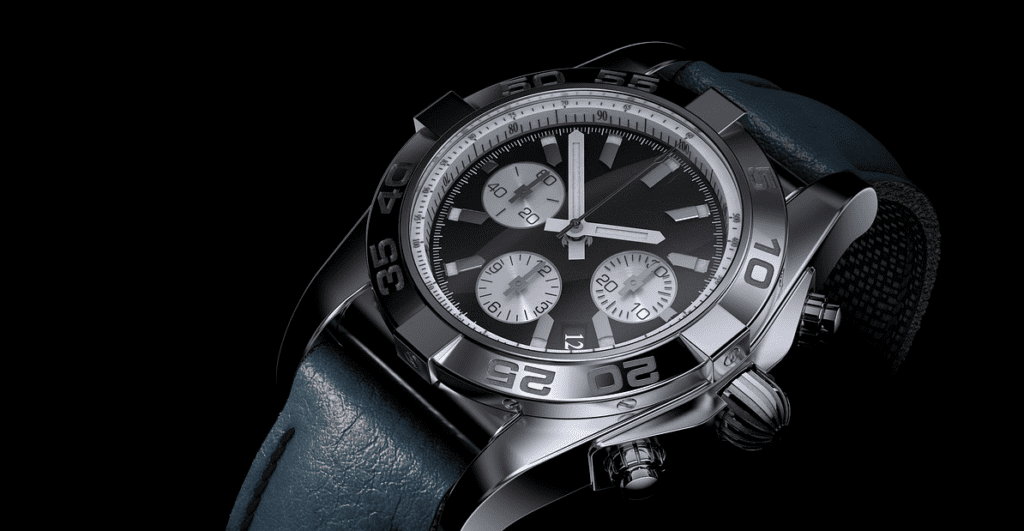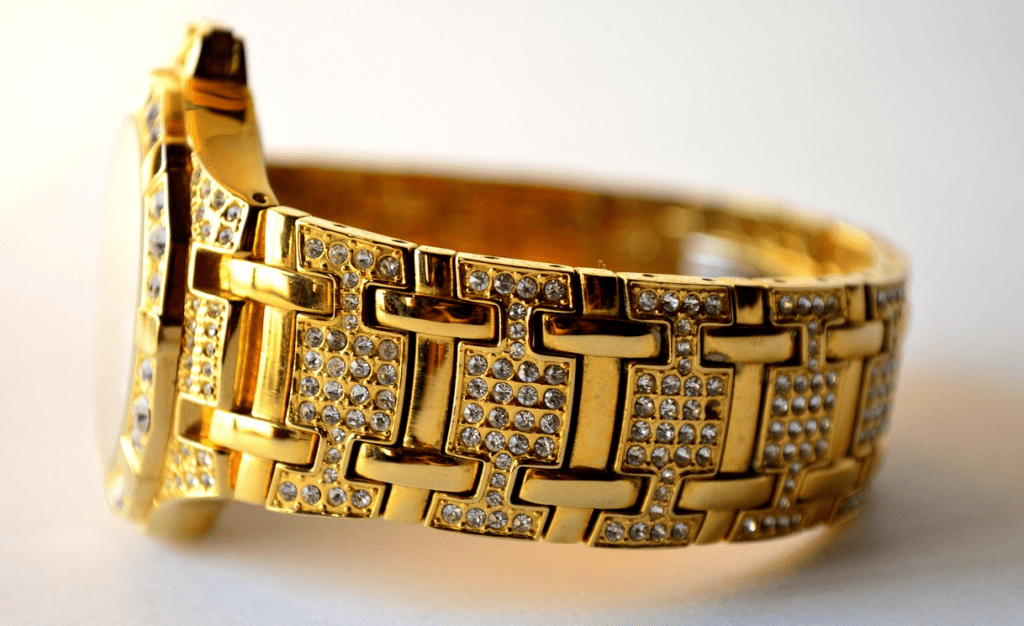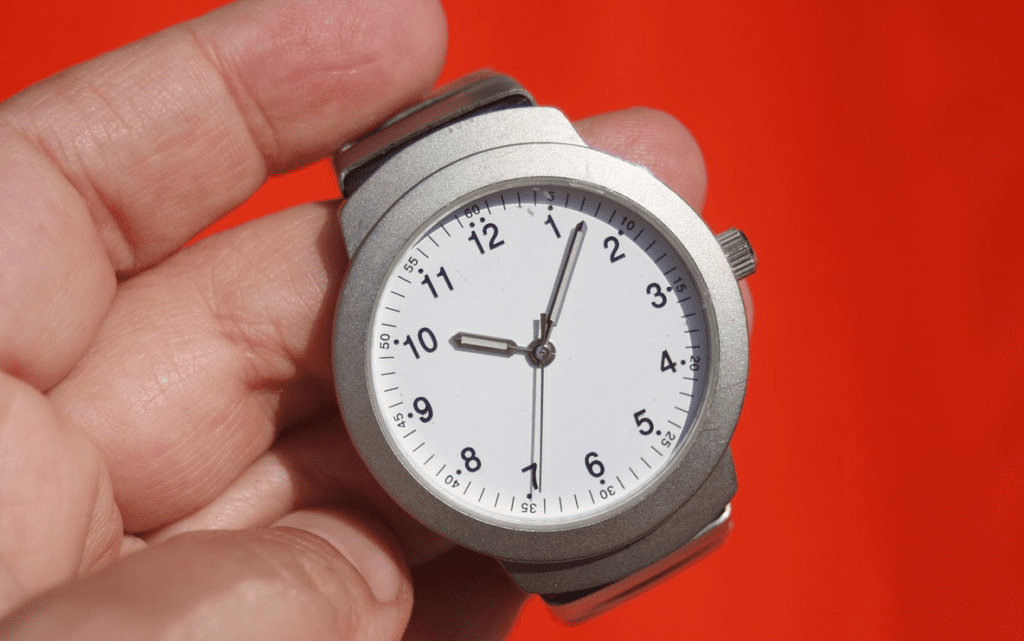
From the Depths to the Stars: The Role of Watches in Exploration
Watches have been integral tools in the exploration of our world and beyond, serving as reliable companions for adventurers, explorers, and astronauts alike. From the depths of the ocean to the vastness of space, these timekeeping devices have played a crucial role in ensuring accuracy, precision, and synchronization in various expeditions. In this article, we delve into the multifaceted role of watches in exploration, highlighting their importance in different environments and contexts.

Exploring the Depths: Watches in Underwater Expeditions
- Water Resistance: One of the key features of watches used in underwater expeditions is their ability to withstand water pressure. Water-resistant watches are essential for divers, submariners, and underwater researchers, allowing them to keep track of time even in the most extreme underwater conditions.
- Dive Timers: Many watches designed for diving come equipped with specialized features such as dive timers, depth gauges, and helium release valves. These functionalities not only assist divers in monitoring their time underwater but also contribute to their safety by ensuring they adhere to decompression schedules.
- Historical Significance: Watches have a rich history in underwater exploration, with notable examples including the Rolex Submariner, which accompanied Jacques Cousteau’s team during their underwater expeditions in the 1950s. These timepieces have become iconic symbols of adventure and exploration beneath the waves.
- Conquering the Unknown: Watches in Exploration of Earth’s Most Remote Places
- Durability and Reliability: In remote and harsh environments such as deserts, jungles, and polar regions, explorers rely on watches that are durable and reliable. Timepieces with robust construction and advanced engineering can withstand extreme temperatures, shock, and vibration, ensuring they continue to function accurately in challenging conditions.
- Navigation Aids: Watches equipped with compasses, altimeters, and GPS functionality are invaluable tools for explorers navigating through unfamiliar terrain. These features help adventurers stay on course, track their progress, and calculate important metrics such as altitude and distance travelled.
- Survival Gear: In survival situations, a watch can be a lifesaving tool, providing crucial information such as the time of day, sunrise and sunset times, and remaining daylight hours. This knowledge is essential for planning activities, conserving energy, and ensuring timely rescue in emergencies.

Journeying Beyond Earth: Watches in Space Exploration
- Precision Timing: In the vacuum of space, where traditional concepts of time and day-night cycles no longer apply, precision timing is of utmost importance. Watches worn by astronauts are specially calibrated to maintain accuracy in zero-gravity environments, where gravitational forces do not influence the oscillation of mechanical movements.
- Mission Critical: Watches worn during space missions serve as vital backup systems to onboard spacecraft computers and instruments. In the event of electronic failures or malfunctions, astronauts can rely on their watches to perform essential timing functions for coordinating activities, executing manoeuvres, and ensuring mission success.
- Symbol of Human Achievement: Perfect Rolex watches worn by astronauts during historic space missions have transcended their functional role to become symbols of human ingenuity, courage, and exploration. Timepieces such as the Omega Speedmaster, famously worn during the Apollo 11 moon landing, have attained iconic status and are revered as artefacts of humanity’s quest to reach the stars.

The Evolution of Timekeeping: From Mechanical to Digital
- Mechanical Mastery: Traditional mechanical watches, powered by intricate gear systems and springs, have long been the standard for exploration due to their reliability and craftsmanship. These timepieces have stood the test of time, enduring in environments where electronic devices may falter.
- Digital Advancements: With the advent of digital technology, watches have evolved to incorporate advanced features such as GPS tracking, fitness monitoring, and smartphone connectivity. While these digital watches offer enhanced functionality and convenience, they often lack the timeless appeal and artisanal craftsmanship of their mechanical counterparts.
- Hybrid Innovations: A recent trend in watchmaking involves the fusion of mechanical and digital elements, resulting in hybrid timepieces that combine the best of both worlds. These watches offer the precision of digital technology alongside the elegance and craftsmanship of traditional mechanical movements, catering to the diverse needs and preferences of modern explorers.
Conclusion
Watches have accompanied explorers on their journeys to the farthest reaches of our planet and beyond, serving as indispensable tools for navigation, timing, and survival. From the depths of the ocean to the vastness of space, these timekeeping devices have played a vital role in humanity’s quest for knowledge, discovery, and adventure. As we continue to push the boundaries of exploration, watches will undoubtedly remain essential companions, steadfastly guiding us through the challenges and wonders of the unknown.



